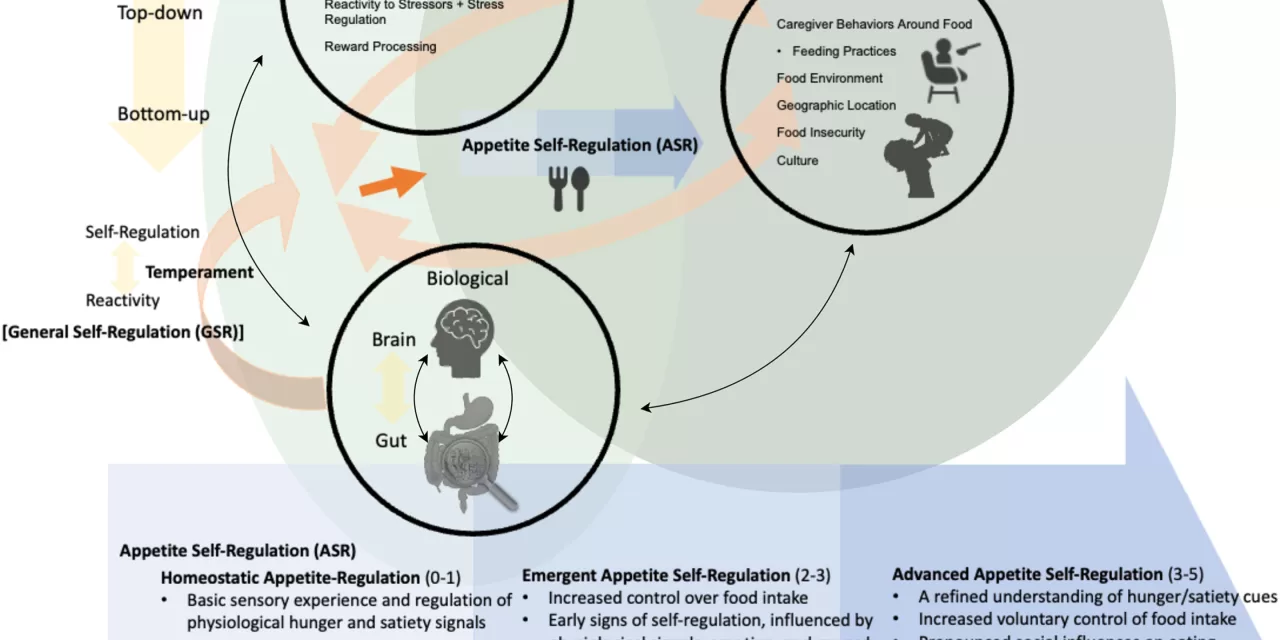A new study from the University of Illinois Urbana-Champaign delves into how children learn to regulate their appetite, offering fresh insights into the complex factors that shape childhood eating habits. Published in Social Science & Medicine, the research proposes a comprehensive model that explores biological, psychological, and social factors influencing appetite self-regulation in children.
Sehyun Ju, the lead author and doctoral student at the University of Illinois, explains that while common advice on obesity often revolves around the simplistic idea of “eating less and exercising more,” the reality is far more nuanced. Appetite regulation, Ju emphasizes, is not merely a matter of willpower but a combination of complex internal and external influences. “Children are born with the ability to regulate their hunger and satiety signals, but as they grow, their eating is increasingly driven by psychological and environmental factors,” Ju notes.
The study introduces a biopsychosocial pathways model that outlines the interactions between three key categories:
- Biological Factors: These include sensory experiences, hunger and satiety signals, brain-gut interactions, and the influence of the gut microbiome on food intake.
- Psychological Factors: Emotional regulation, cognitive control, and stress responses play a critical role in determining how children approach food.
- Social Factors: Parental feeding practices, cultural values, food security, and geographic influences all contribute to shaping a child’s relationship with food.
One of the unique aspects of the research is how it integrates the child’s temperament into the model, recognizing that children respond differently to food stimuli based on their emotional and psychological makeup. For example, children who are more open to novelty may be willing to try new foods, while those with heightened sensitivity may react negatively to pressure from parents to eat, resulting in reduced food intake.
The model also takes into account the developmental stages of children. Infants rely on physiological cues to regulate appetite, but as they grow, they become more susceptible to external influences. By the time they reach the age of 3 to 5, children begin to exhibit greater self-control and emotional regulation, which impacts their eating behavior.
By analyzing these pathways, Ju and her colleagues aim to better understand the myriad factors that influence a child’s approach to food. For instance, some children may eat for pleasure or as a way to regulate emotions, while others may be driven by social interactions or family dynamics.
One notable finding from the research is how children’s experiences of food insecurity can affect their relationship with food, even after their basic needs are met. “Children who have experienced food insecurity may continue to view food as a reward or source of emotional comfort, even when food availability improves,” Ju explains. Tailoring interventions to address these emotional and psychological needs could help foster healthier eating behaviors.
The study is part of the larger STRONG Kids 2 project, which examines how biology and family environments interact to promote healthy eating habits in young children. Ju and co-author Kelly Bost, professor of child development, are currently conducting a follow-up study that investigates parent-child interactions during mealtime to further explore how these dynamics shape appetite regulation.
The findings from this research could pave the way for more personalized approaches to childhood nutrition, helping parents and healthcare professionals better understand how to support healthy eating habits in children based on individual temperament and environmental factors. By identifying specific pathways that contribute to childhood obesity or unhealthy eating patterns, the research provides a roadmap for more targeted interventions that could have a lasting impact on children’s health and well-being.
For more details, the full study can be accessed in Social Science & Medicine under the title “Biopsychosocial pathways model of early childhood appetite self-regulation: Temperament as a key to modulation of interactions among systems.”











